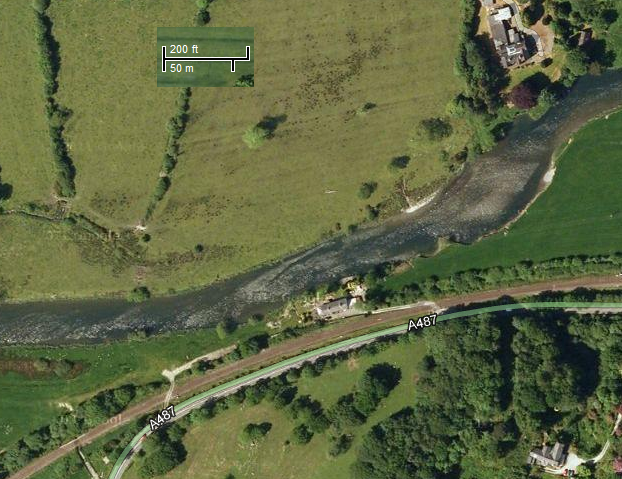Last weekend I bought a CD in HMV’s sale, Yes’ “90125″, a record I owned on vinyl but a gap in my CD collection. When I tried to play it using the CD drive on my laptop, it was unlistenable, with horrible distorted buzzing sound all the way through.
I assumed the disk was faulty, took it back and HMV exchanged it without question. The replacement disk played without problems on the big stereo in the living room, with all that big 1980s Trevor Horn production reproduced perfectly. But when I tried to play it this morning on the computer in my home office, that distorted buzzing was back. Just like the first disk, and along with another album purchased at the same time, the record was effectively unplayable.
Turns out, after a little research in Google, that the reason that distorted buzzing was that they’re both crippled with DRM. Significantly neither disk carries the Compact Disk logo, so technically speaking neither are actually CDs, since their encoding is not compliant with the Compact Disk specification.
In the year 2013, when I purchase music, I don’t expect to have to pay twice just for the privilege of being able to listen to it in more than one room of the house. Since DRM has fallen out of favour even with the most clueless of labels I can only assume it’s old stock which should have been withdrawn from sale and ground up for use as road foundations in China. Most technically-savvy customers would consider format-shifting of legally-purchased music to be an basic consumer right in 2013, regardless of what Warner Bros’ lawyers would like the situation to be.
So what should I do? Return the two not-CDs and demand my money back, which is a bit of lose-lose situation since I won’t have the music and HMV won’t have my money. Or just go and do what everyone else would do and bittorrent the bloody things?
Yes, musicians. This is why people bittorrent rather than buy music legally. But I assume that most of you already know that.

 The story that
The story that  Big Big Train announce the pre-order for
Big Big Train announce the pre-order for 
 image from Google Maps
image from Google Maps Press release from
Press release from